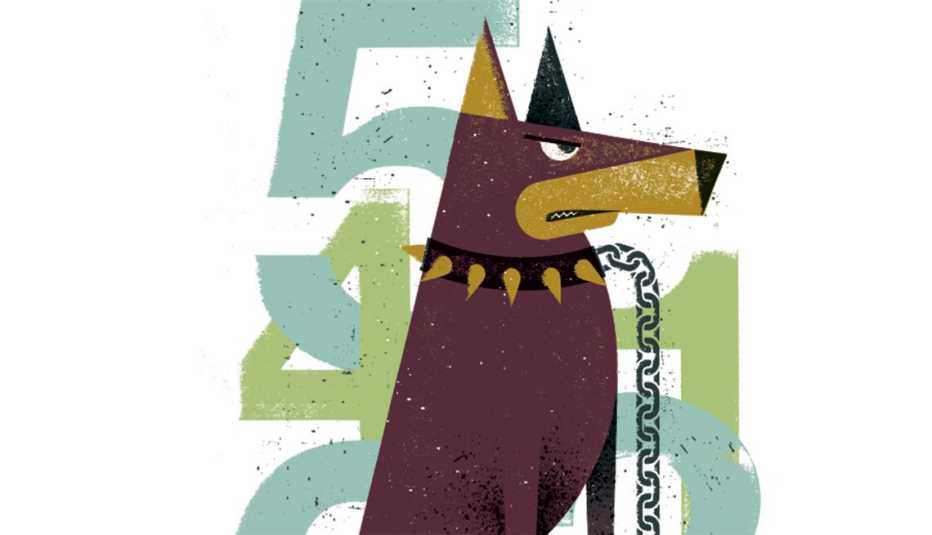AARP Hearing Center


We all know identity thieves can hit the jackpot if they get ahold of your Social Security or financial account numbers. But crooks also prize what may seem like the mundane digits of your everyday life. Here are ones they're after — and some ways to protect yourself.
ZIP code
You may be asked for it when you pay with a credit card at a store's cash register. Beware — the purpose may be to figure out your address so you can be put on a mailing list and bombarded with junk mail or nuisance calls. Or worse, your ZIP code may find its way to scammers who will couple it with other bits of personal data to steal your identity. Often you have to provide a ZIP code when you use a credit card at an untended machine, such as a gasoline pump. (Making you key it in serves as an added security measure to foil a thief who doesn't know the numbers.) But it's usually unnecessary at brick-and-mortar stores, so just say no. And your ZIP code certainly shouldn't be posted on social media or other public websites.
Birth date
With your name, address and birth date in hand, scammers may be able to buy your Social Security number on websites that normally sell them to businesses conducting background checks. If they can't, just by knowing your birth date and hometown, scammers can often guess most, if not all, the digits of your Social Security number. Some businesses do need your birth date to verify your identity — health care providers and credit card companies, for instance — but most others do not. So think twice before providing it to merchants who might be vulnerable to a data breach by hackers. Forgo the birthday freebies that some businesses offer. And never post your birth date on social media sites or on any other public websites.


































































More on money
Home Improvement Scams
Here's how to uncover a home improvement scam